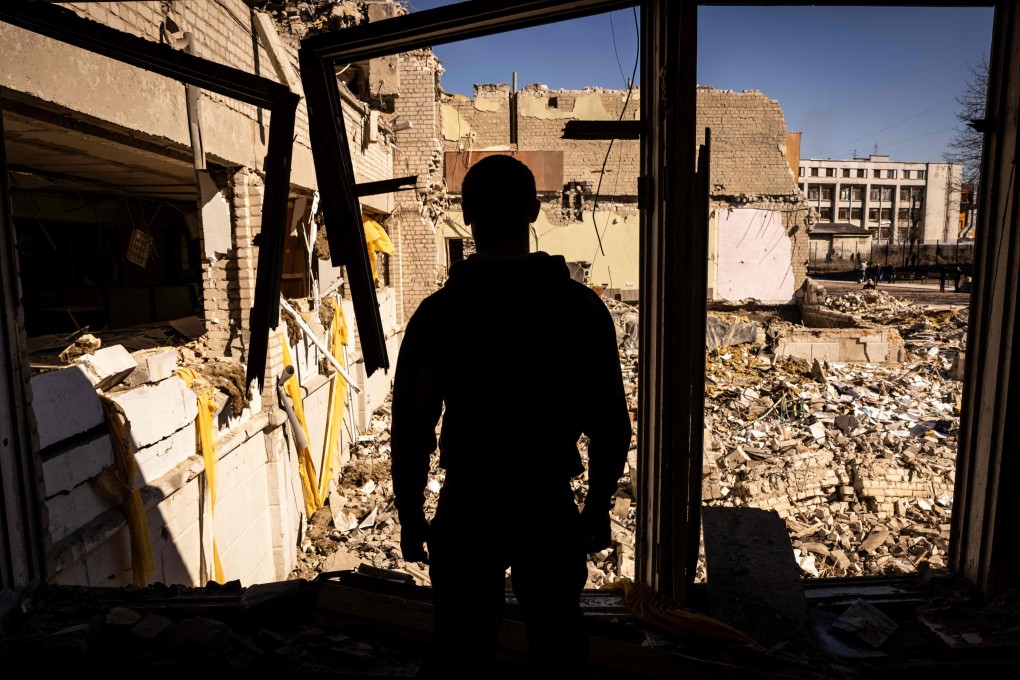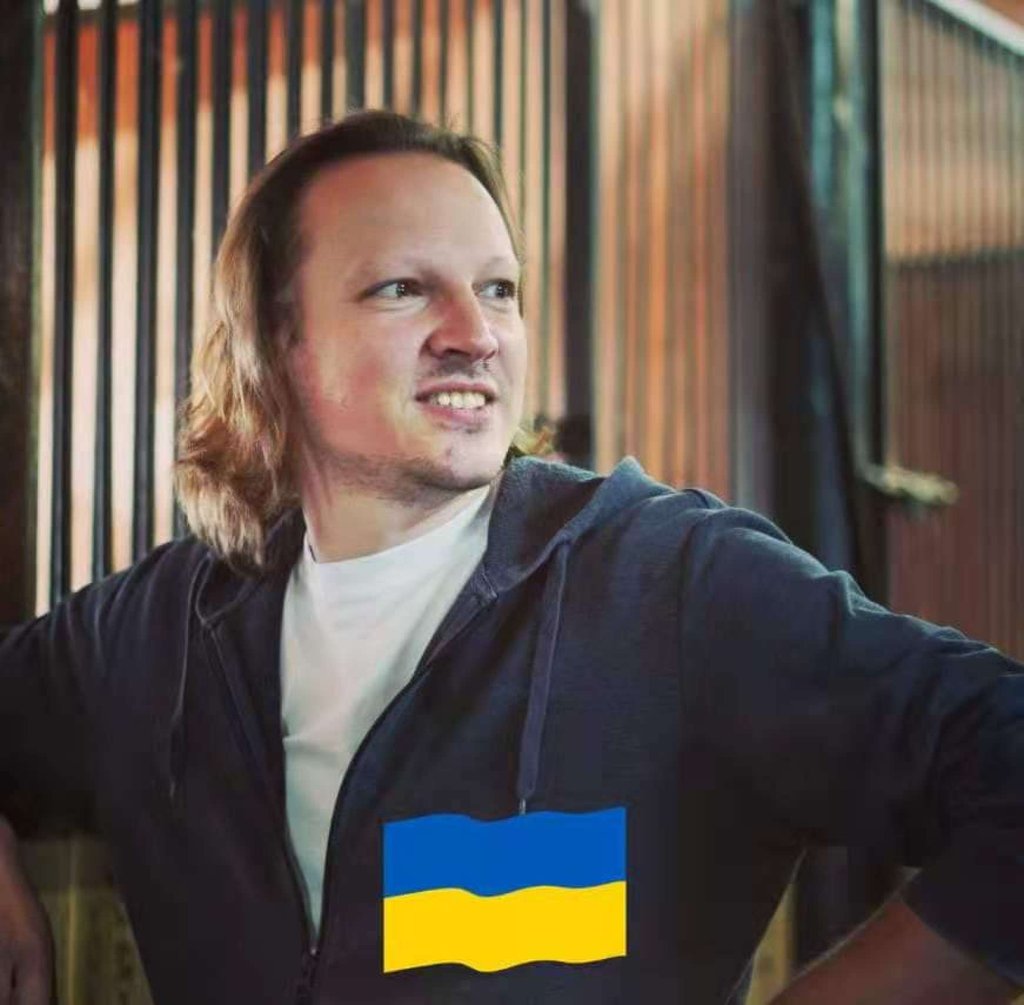Ukrainians take on ‘wall of propaganda’ on Chinese social media
- Some are posting in Mandarin on the latest developments in the Russian invasion
- It’s an effort to ‘show people what’s going on’ and to win public support in China

Ukrainians who can speak Mandarin are taking to Chinese social media platforms in an effort to provide information about the Russian invasion and win public support in China.
They are translating the latest developments in the war into Chinese, including information on casualties and analysis, and posting it on their accounts on popular social media networks like WeChat and Weibo.
Roman Khivrenko, 32, said the information available in China – on social media platforms and in state media – was heavily influenced by Russia.
“We want to break down the wall of propaganda and show Chinese people what’s going on in fact,” said Khivrenko, who studied international relations at Renmin University of China in Beijing.

China has refused to condemn Russia’s actions in Ukraine, or to call it an invasion – a line closely followed by Chinese state media outlets.